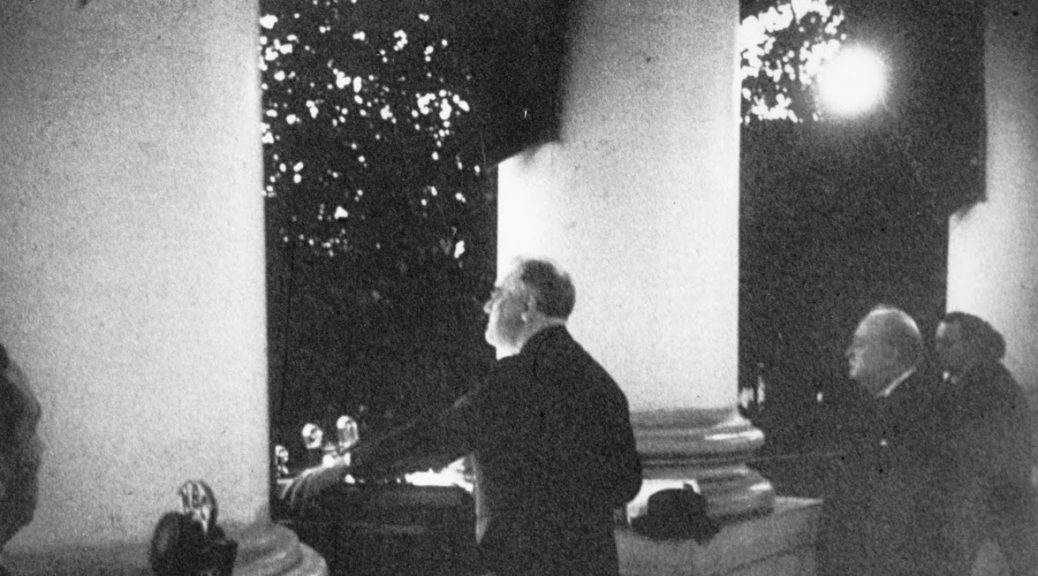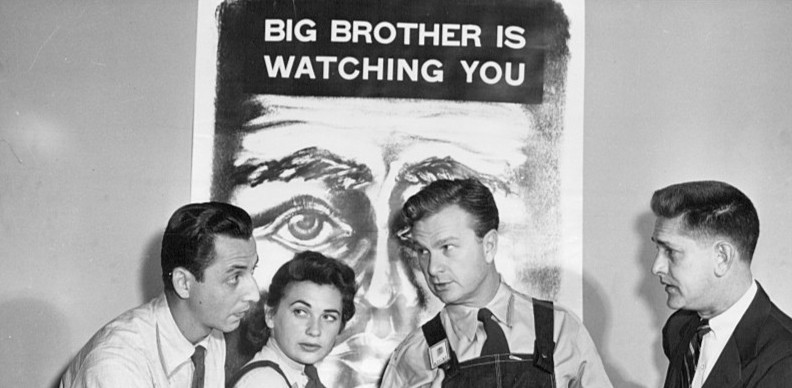

Book, media, audio and video reviews by Richard M. Langworth

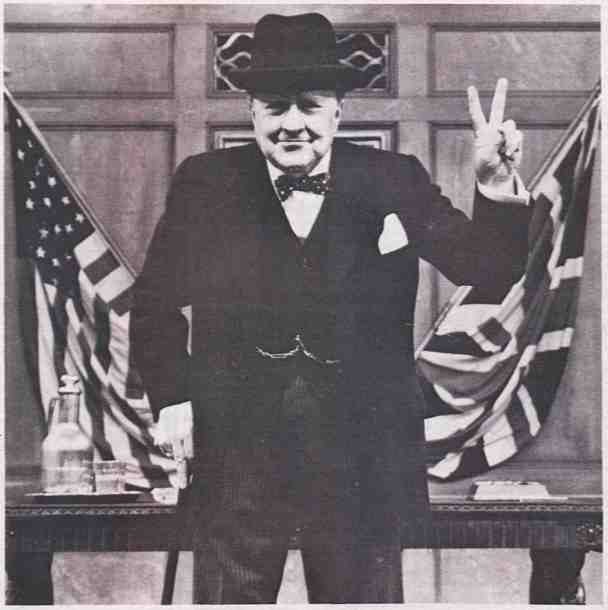
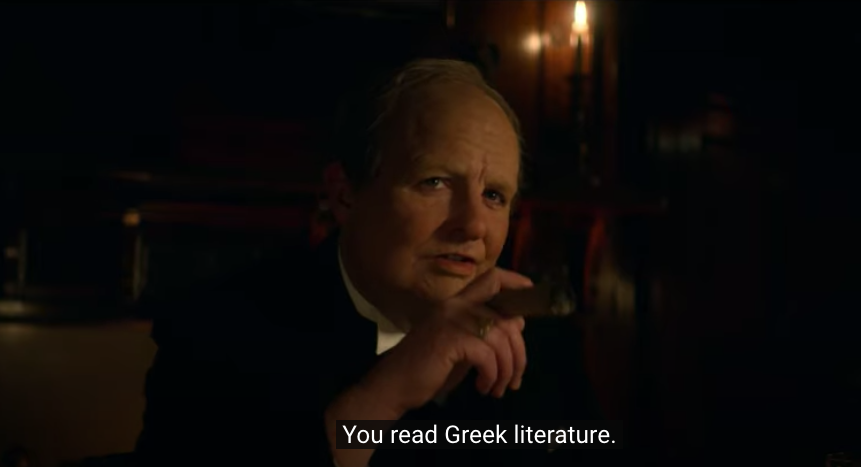
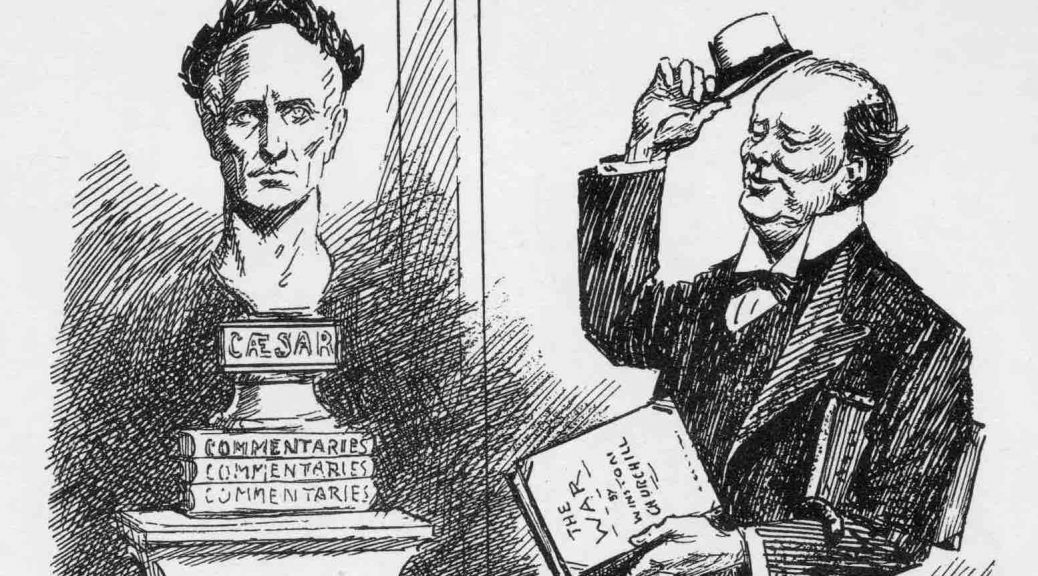
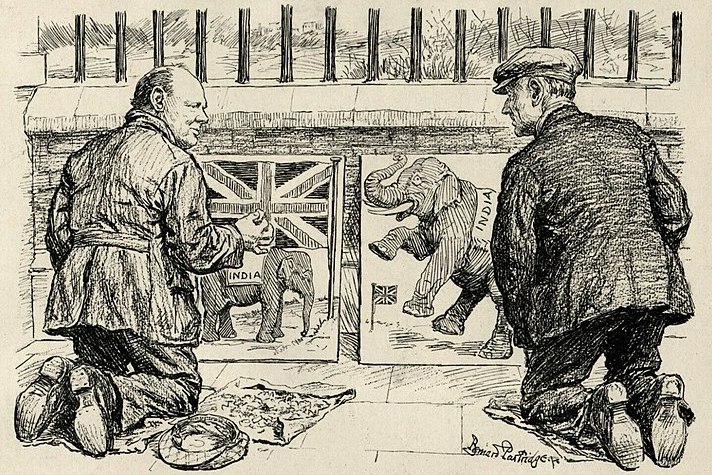
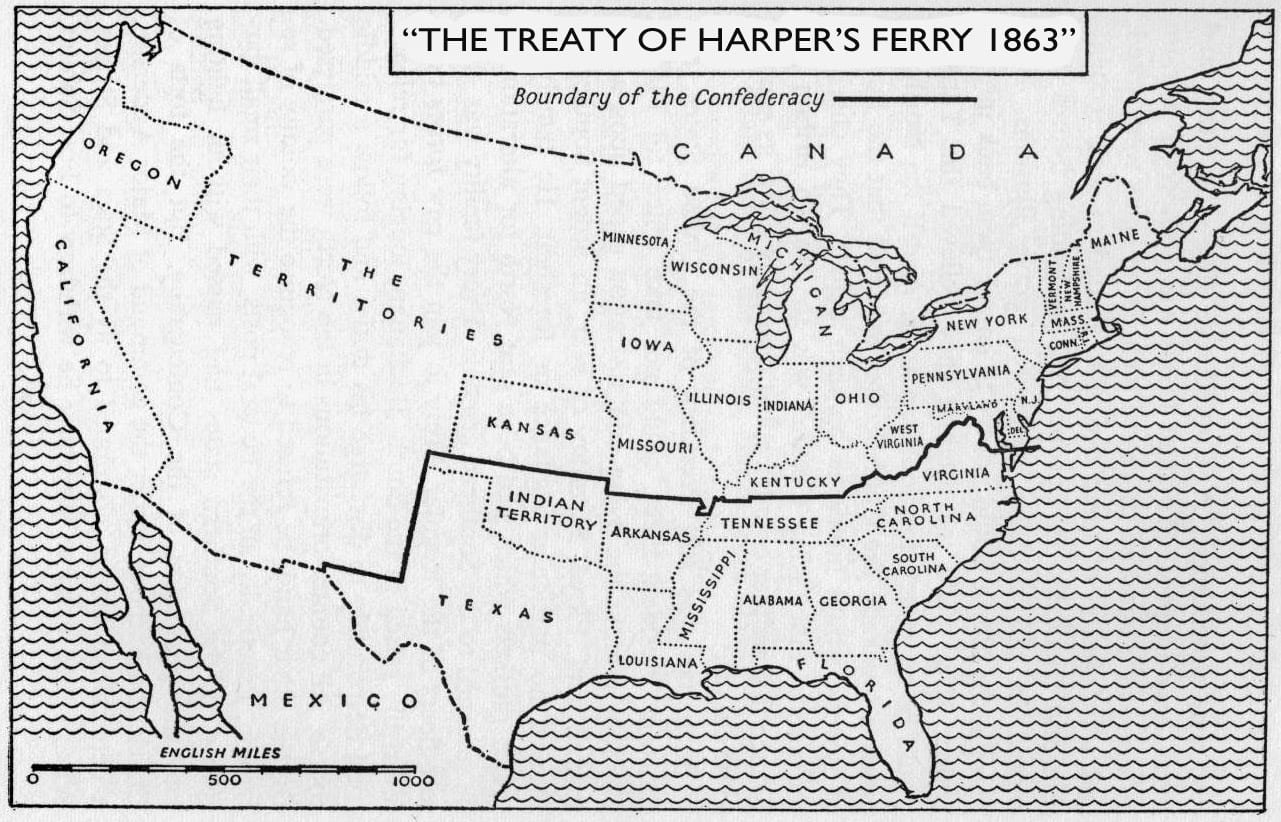
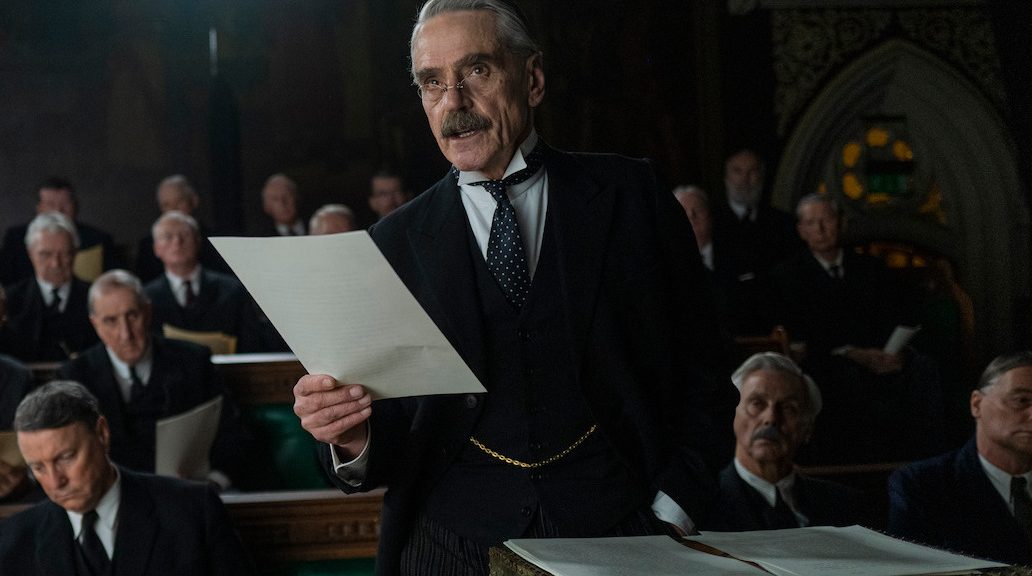
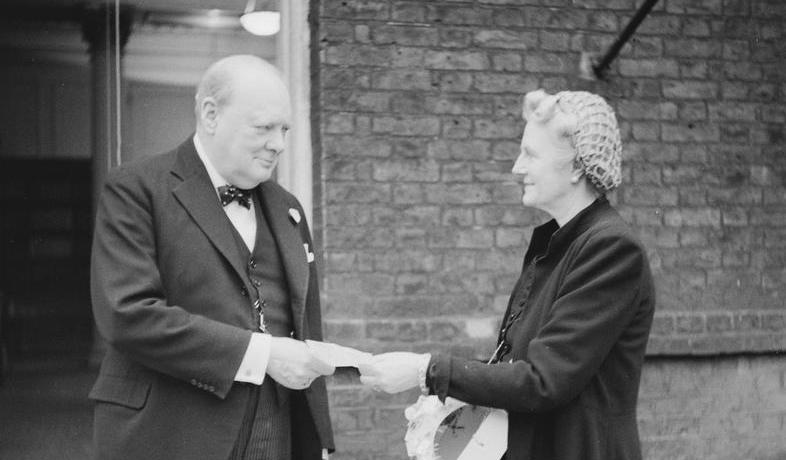
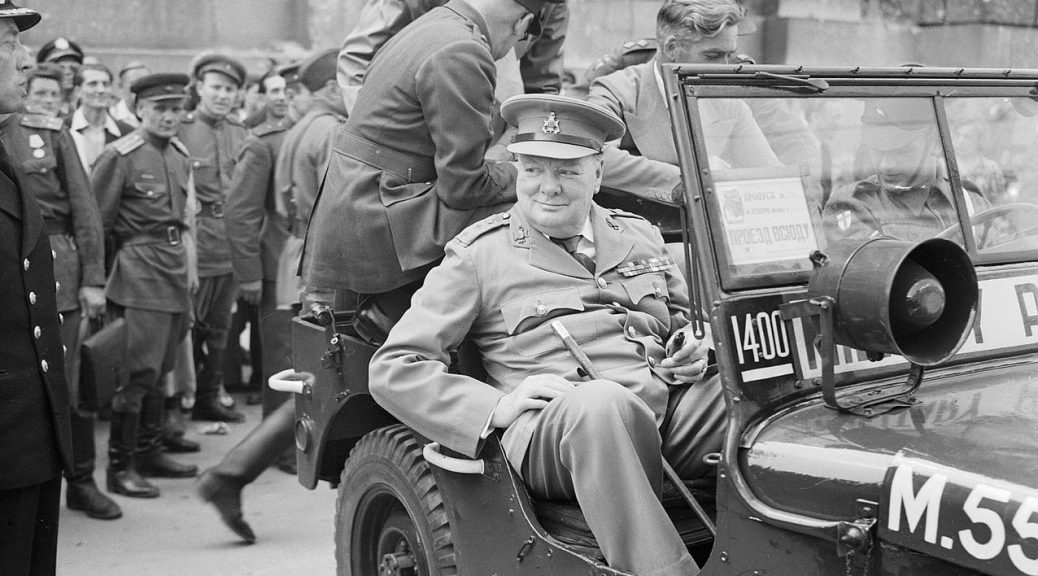
Churchill Defiant: Fighting On 1945-1955, by Barbara Leaming. London: Harper Press, 394 pages.
“Great captains must take their chance with the rest. Caesar was assassinated by his dearest friend. Hannibal was cut off by poison. Frederick the Great lingered out years of loneliness in body and soul. Napoleon rotted at St. Helena. Compared with these, Marlborough had a good and fair end to his life.” —Winston S. Churchill, Marlborough: His Life and Times, 1936, Book Two.
A decade on, still a book to readReaders sometimes ask for the best books to read on Churchill’s career after the Second World War.…
